Is the Bible a historical document? The short answer is no, but to say this without elaborating is almost as misleading as to insist on the Bible being literally true from cover to cover.
The fact is, the Bible is an amalgamation of different texts from different sources, collected and composed for the first time in the 7th century BC by the Israelite king Josiah (just before he started to believe the hype and got himself killed fighting Egypt). The date of composition is important, because the Bible relied on oral tradition and the collective memory of the peoples of Israel and Judah.
Josiah was an Iron Age king, and it is no coincidence that the people for whom we can find corroborating evidence were near contemporaries (within a few hundred years, at least). But there is a clear distinction between the Iron Age events mentioned, which are likely historical, and the earlier Bronze Age events (Garden of Eden, flood, the Exodus) which are not.
It is also important to note that we are making new discoveries all the time. A new Iron Age find could blow the entire situation wide open, and could come at any time.
Here is where we are now, though.
1. Omri: the First Person to be Directly Corroborated
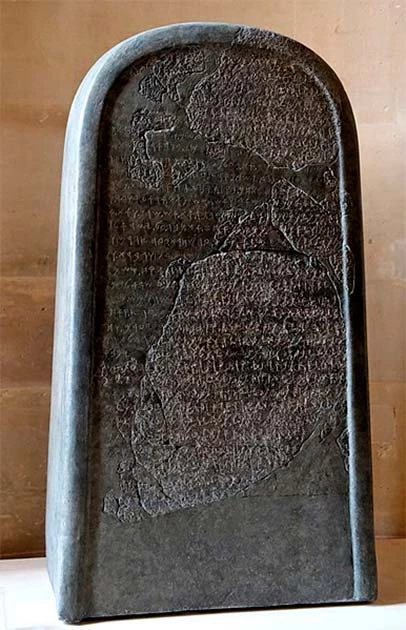
2. King David: the Earliest Hebrew King to be Mentioned
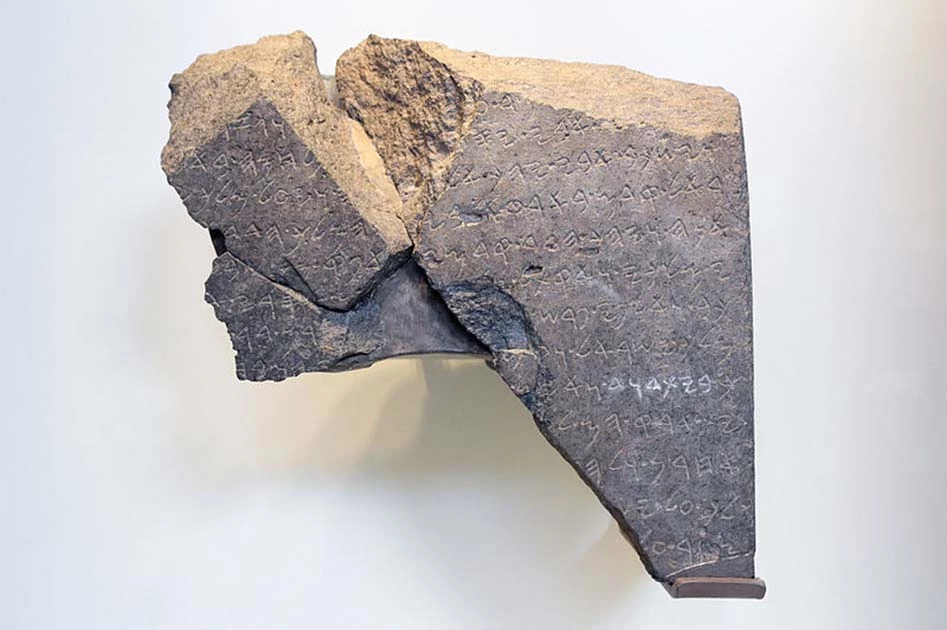
3. Jehu: The First Depiction of a Biblical King

4. Tiglath Pilesar III: The First Non-Hebrew King who Featured in the Bible
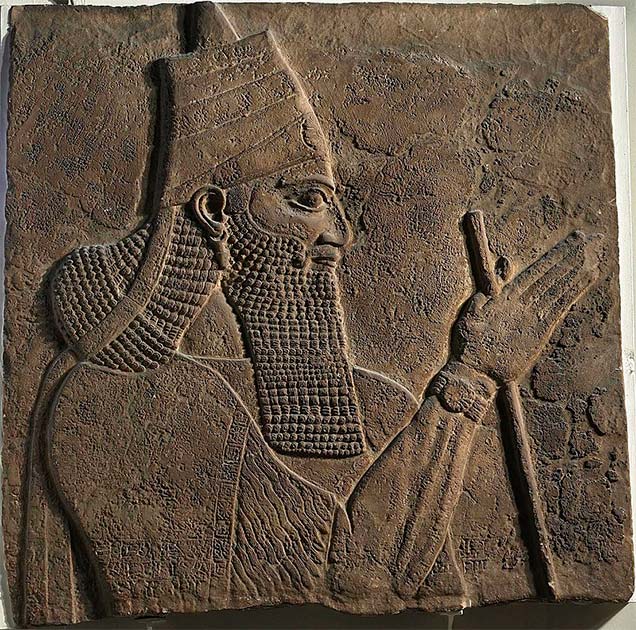
5. Isaiah, the First Character who isn’t a King

6. Esarhaddon and Sennacerib: the First Palace Gossip

7. Shoshenq: the First Pharaoh
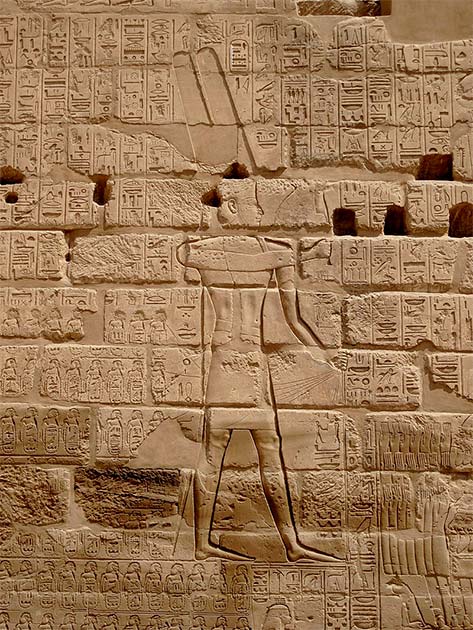
8. Nebuchadnezzer II: Conqueror of the Hebrews
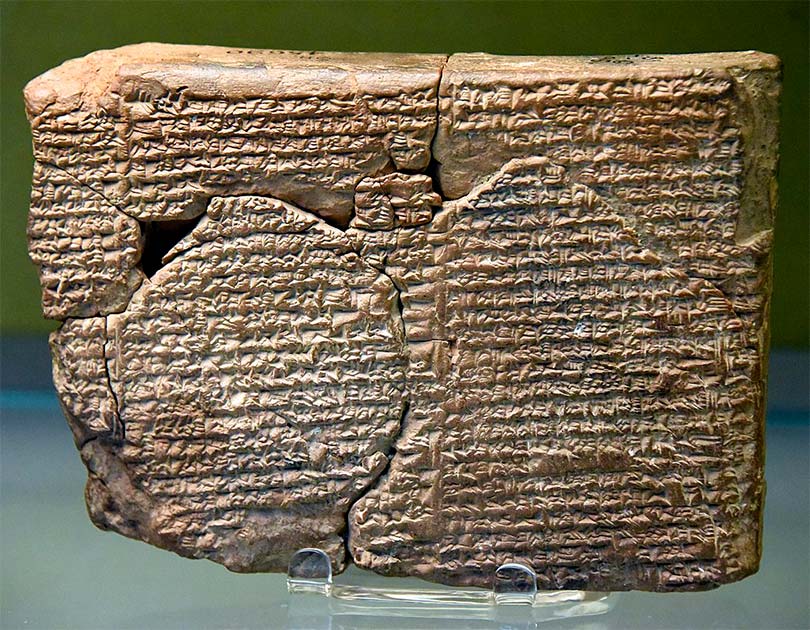
9. Belshazzar: the first Massaging of History

10. Cyrus the Great

Top Image: The tomb of Cyrus the Great, who freed the Jews from Babylon in the Old Testament and the figure to whom they gave their title “Messiah”. Source: Zythème / Public Domain.
By Joseph Green